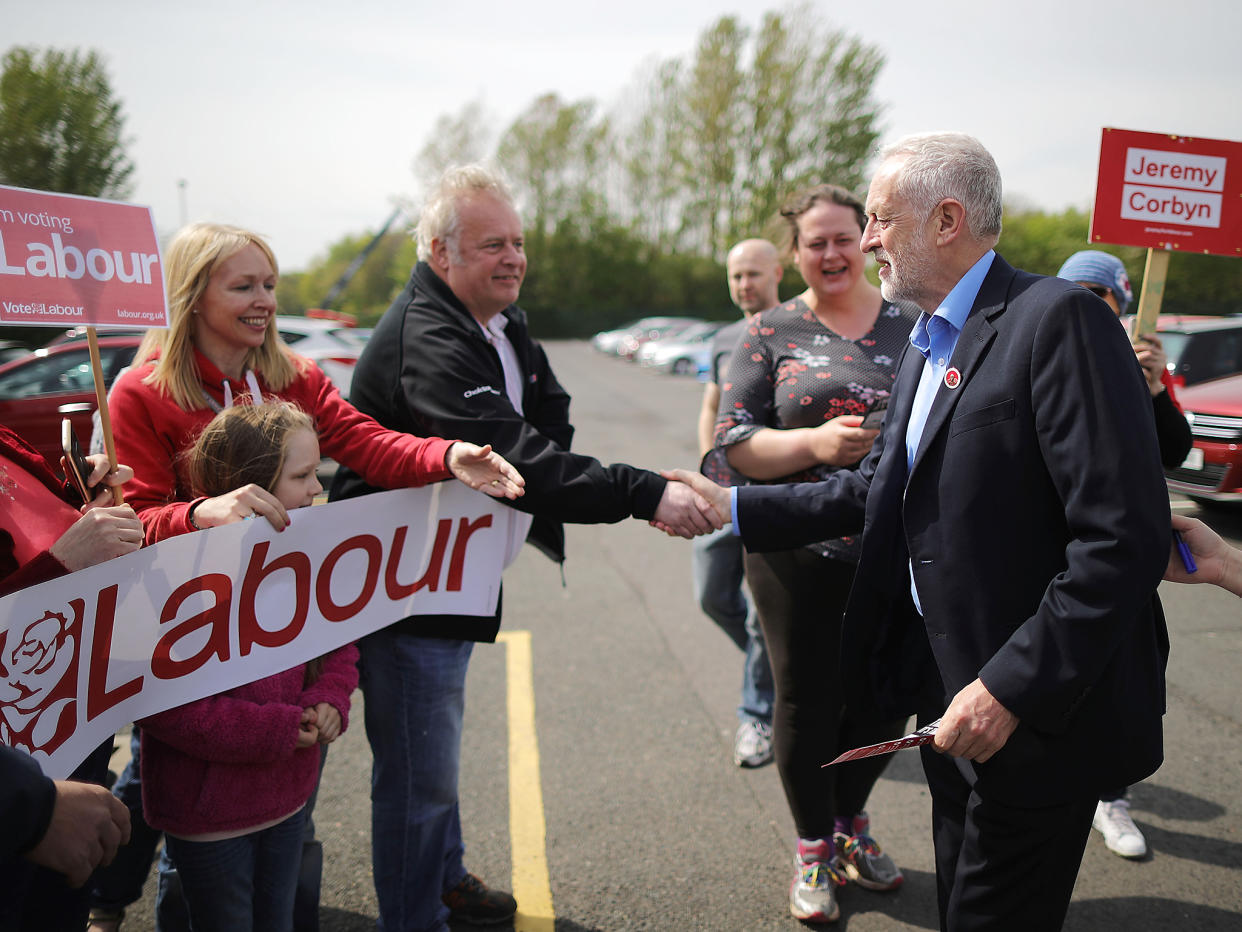Five things to look for in world economics this week

It is a short working week for much of the world, with the May Day holidays in Europe, and other holidays in China and Japan, and a relatively quiet week in terms of global economic data. In France everything will be on hold until Sunday, with the second round of the presidential election, though the outcome seems clear. In the US the focus may shift away from Donald Trump and towards the Federal Reserve, which meets on Thursday.
It is most unlikely that the Fed will have another rate rise, given the slow growth of the US economy during the first quarter, but the thing to look for will be signals about the pace of tightening later in the year. Wage growth is starting to take off in the US, suggesting that at last the labour market is tightening, and that will be the key indicator that the Fed will look at. I shall also be interested to see how markets respond to those GDP numbers now that they have had a weekend to think about them.
Last week saw strong results from several of the US high-tech giants, including Amazon and Facebook. There are some more to report next week (e.g. Intel) so a lot of the mood of US equity markets will also be worth watching. How long can the share-price boom, especially of high-tech companies, continue?
Quite a lot of the answer to that will depend on how secure the world’s economic growth appears to be. The main forward-looking indicators giving a feel for that will be the purchasing manager indices (PMI) for April. We get a clutch of those from the main economies, including the UK. From a British perspective the question will be whether the dip in growth in the first quarter is the start of a trend, or a one-off blip – or indeed whether those figures are right anyway, for they are almost invariably revised. It is another 10 days until the Bank of England meets and publishes the May edition of the Inflation Report, but the question there will naturally be whether the Bank sticks to its forecast of 2 per cent growth this year. Anyway, the April PMI should confirm that globally growth is picking up, and give us the first real feeling for the second quarter of the year.
Parliament is dissolved and the UK election campaigns get under way in earnest. The fascinating thing about the debate so far is the growing awareness of both major parties that they cannot credibly promise significant tax cuts for the next five years and that, if anything, people should prepare for tax increases. Watch for the reaction to that.
Finally another UK thing to watch. How do markets perform during general election campaigns? I have been looking at some work by Schroders on what has happened in the past. Out of the last seven elections the FT100 index rose during the six weeks before polling in three. In each case this was when the outcome was fairly certain: the Labour wins in 1997 and 2001, and the Conservative victory in 1987. If elections look close, however, markets tend to fall – the FT100 index fell by more than 8 per cent in the run-up to the 2010 election, and nearly 5 per cent ahead of John Major’s win in 1992. So I suppose that means they are likely to rise in the next six weeks. Investors don’t care who wins, or at least not much. What they want is certainty.

 Yahoo News
Yahoo News 
